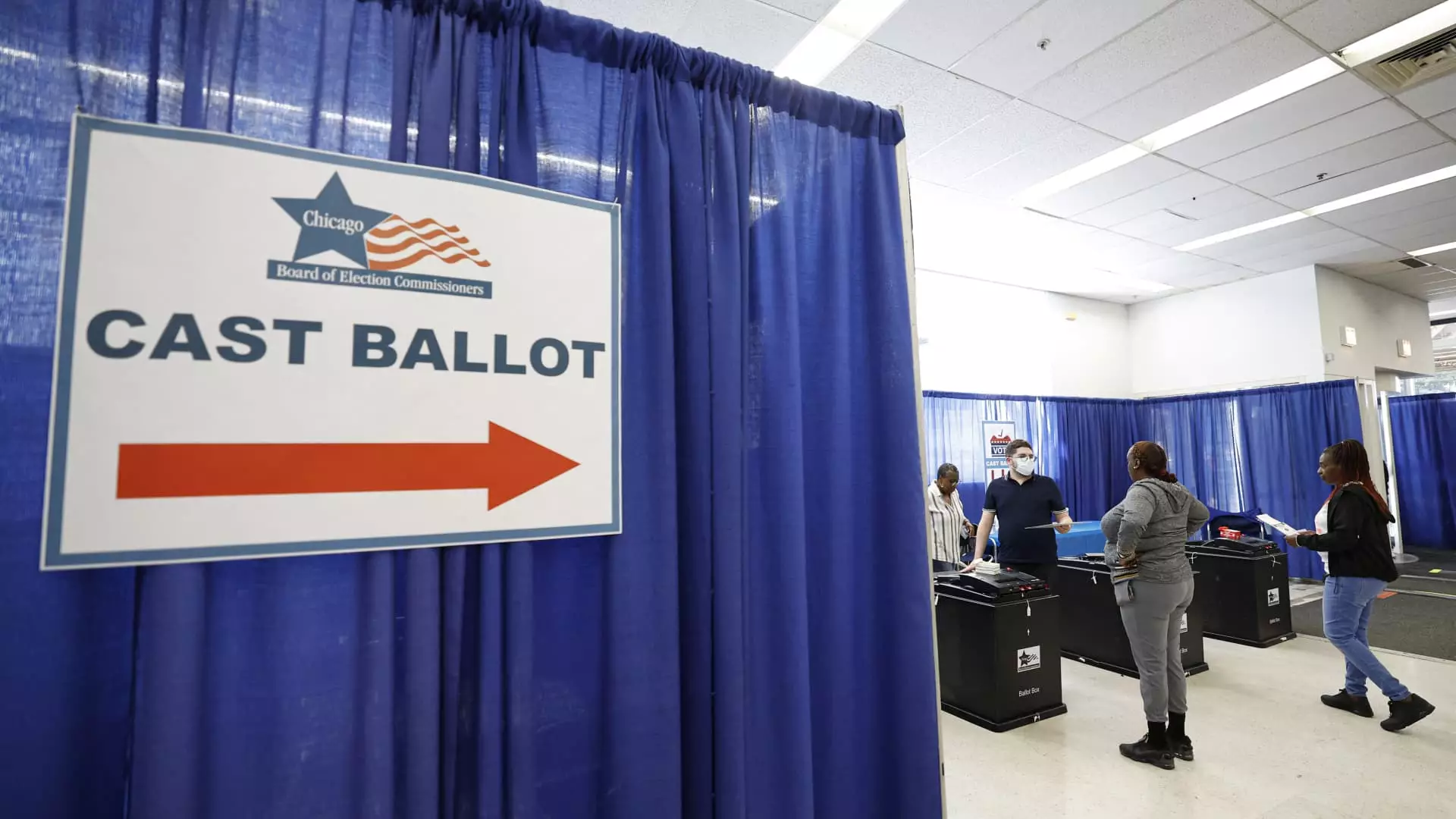Money—an essential part of daily life—remains one of the least discussed topics among Americans. A recent survey by U.S. Bank, involving 3,500 respondents, reveals a startling preference for secrecy concerning personal finances; many Americans would rather disclose their voting intentions than discuss their economic standing. This is further echoed in findings from a Wells Fargo survey involving 3,403 adults, where it was found that conversations about money rank closely to discussions about sex in terms of discomfort. It’s intriguing to note how intertwined personal finances are with societal norms and emotional experiences, indicating that money isn’t merely a transactional subject, but rather intertwined with identity, fear, and aspiration.
The Psychological Underpinnings
The reasons behind the reticence to discuss finances are rooted in psychological complexities. According to financial expert Preston Cherry, talking about money evokes feelings of anxiety and vulnerability. Unlike the fleeting nature of political discussions—centered around events that unfold every four years—financial conversations touch on the intimate and continuous relationship individuals have with their personal wellbeing and future aspirations. The stakes are higher with money, as it plays a direct role in one’s comfort, security, and power within relationships. Exploring these emotions could lead to a better understanding of why so many shy away from financial dialogues.
Breaking Down Barriers
Despite this aversion, there is a glimmer of hope. U.S. Bank’s research suggests that more families are beginning to engage in discussions about money, particularly between parents and their children. Today’s parents are nearly twice as likely to introduce basic financial concepts like investing and saving to their kids compared to previous generations. This shift indicates a societal change towards encouraging financial literacy from a young age, which can only bode well for future generations.
Nonetheless, 45% of those surveyed express a lack of awareness regarding their parents’ financial health, suggesting a concerning gap in communication. Many people believe they will ultimately have to shoulder financial responsibilities for aging parents, often leading to stressful situations, especially when emergencies (like health crises) arise unexpectedly. Scott Ford from U.S. Bank highlights this need for proactive conversations, recommending that families start with everyday financial topics to gradually build comfort and trust in discussions.
Establishing these dialogues about finances is crucial. Lack of discussion can lead to misunderstandings and hinder effective wealth building. Winnie Sun, a financial planner, warns that without this vital knowledge, families may miss out on opportunities for planning and growth. Furthermore, Douglas Boneparth, another financial expert, emphasizes the long-term implications of avoiding these conversations; they can result in costly legal mistakes or tax inefficiencies, particularly concerning estate planning and wealth transfer.
An effective strategy involves laying the groundwork for comprehensive communication about finances, ensuring everyone is on the same page regarding essential matters such as bank accounts, healthcare options, wills, and powers of attorney.
For families, communication is essential not only within generations but also between couples. A staggering percentage of Americans reportedly disagree with their partners about financial management. U.S. Bank’s findings indicate that one-third of couples face such divergences in perspective. Moreover, financial dishonesty, often termed “financial infidelity,” frequently emerges in relationships where there is a lack of agreement and openness.
To navigate these waters, financial advisors can play a crucial role. They can act as mediators, helping couples engage in candid discussions about money management without the emotional burdens that often accompany these topics. For partners, crafting an environment conducive to open dialogue around finances can cultivate understanding and joint financial decision-making, thereby reducing stress and misconceptions.
Taking the First Step
For many, engaging in these critical discussions may feel daunting, especially if they lack confidence in their financial knowledge. However, taking that first step—whether through consulting a financial advisor or embarking on a journey of self-education—can significantly reduce financial anxiety and build a stronger foundation for future security. Many experienced financial professionals offer initial consultations free of charge, encouraging individuals to take the leap into financial discussions, no matter their knowledge level or existing wealth.
While Americans may be reluctant to discuss their finances, the urgency and importance of these conversations cannot be ignored. Establishing a culture of financial openness within families can lead to better financial decision-making, greater unity, and ultimately, a more secure and informed future.

